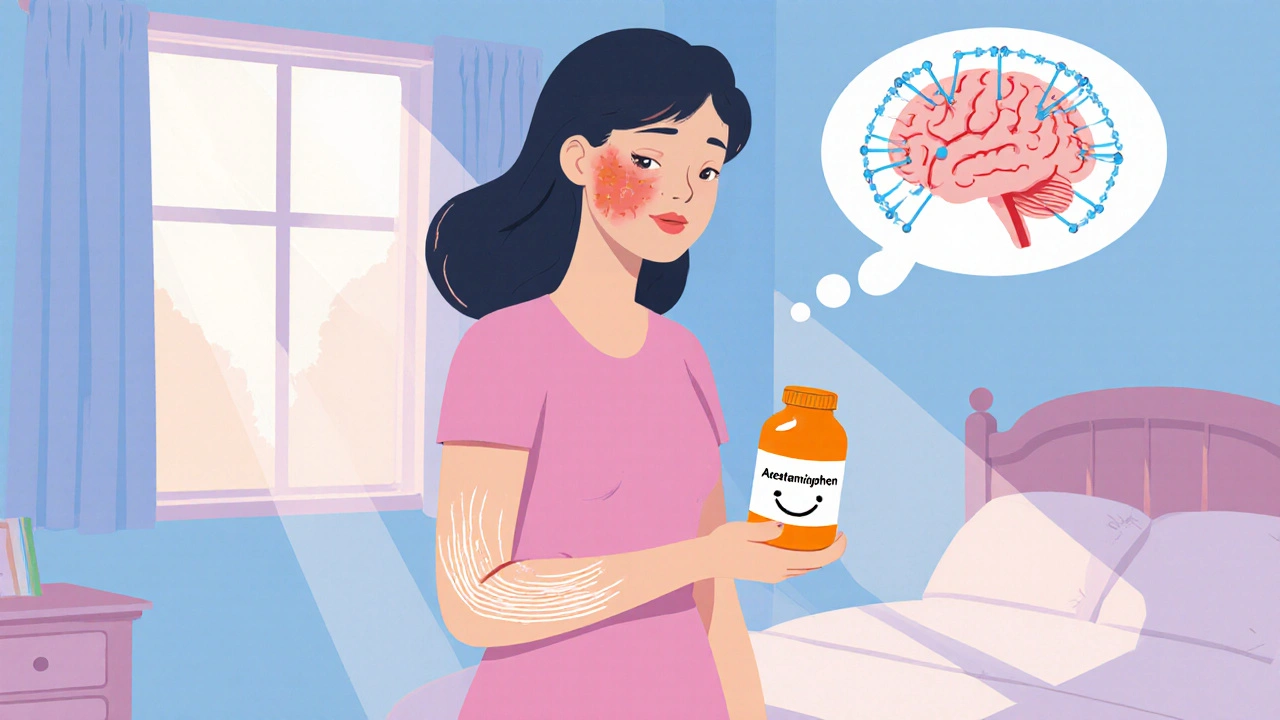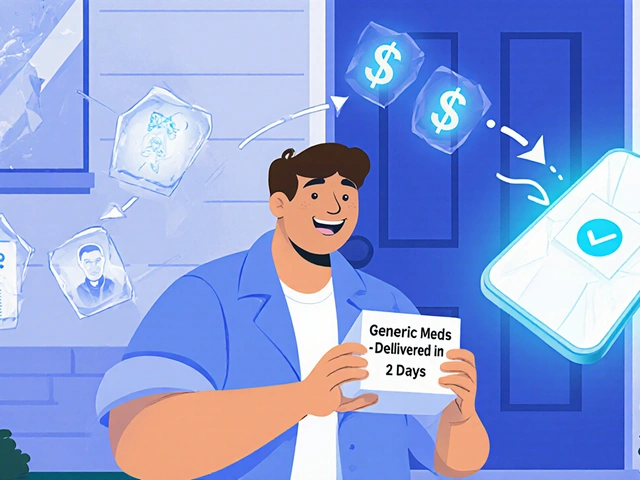Dosage: simple rules to keep your meds safe and effective
Ever wonder why one person takes a pill once a day and another takes the same pill twice? Dosage isn’t random — it’s chosen to balance benefit and side effects. Below are clear, practical rules you can use every time you start a new medicine, change a dose, or buy drugs online.
Quick checks before you take a dose
First things first: read the label and the leaflet. Check the strength (like mg or mg/mL), how often to take it, and whether it needs food. If the label feels confusing, call the pharmacy or your prescriber before taking a dose. Never rely on memory or someone else’s prescription.
Measure liquid meds with a proper syringe or dosing cup — kitchen spoons are not accurate. For tablets, only split pills if the tablet is scored and your doctor or pharmacist approved it. Crushing or cutting some meds changes how they work.
Ask yourself: Do I have any kidney or liver disease, diabetes, or heart problems? These conditions often force dose changes. For example, some diabetes drugs can cause low blood sugar if overdosed, while heart medicines may need slow dose increases. If you have reduced kidney function, certain drugs like some diabetes or antifungal meds may need lower dosing or monitoring.
When and why doses change
Doses can change for three common reasons: side effects, lack of effect, or changes in your body. If a drug causes dizziness, nausea, or electrolyte shifts, your provider may lower the dose or switch meds. If it’s not working, they may raise it — but only after checking levels or testing for interactions.
Drug interactions matter. Some prescription and over-the-counter drugs, plus herbal supplements, can raise or lower how much active drug stays in your body. A common example: diuretics that affect potassium and medicines like spironolactone need monitoring to avoid dangerous imbalances. Tell your clinician every medicine and supplement you use.
Missed a dose? Don’t double up unless the leaflet or your provider says it’s okay. For short-acting meds, taking the next dose as scheduled is usually best. For long-term drugs, contact your prescriber for a plan that fits your situation.
Buying meds online? Use registered pharmacies and avoid offers that don’t ask for a prescription when one’s normally required. A trustworthy pharmacy will list contact details and require proper prescriptions for controlled or prescription-only medicines.
If you’re ever unsure about a dose, call your pharmacist. They’re trained to spot risky combinations and dosing mistakes. When in doubt, ask — it’s a small step that prevents big problems.
Want a quick checklist to keep? Read label, measure properly, check interactions, consider kidneys/liver/age, and contact a professional for changes. Safe dosing keeps meds working and protects you from avoidable harm.
Explore how acetaminophen helps manage fibromyalgia pain, its benefits, dosage limits, safety concerns, and how it compares to NSAIDs and opioids.
View DetailsTadalista Super Active is a fast-acting solution for erectile dysfunction. Learn how it works, benefits, use tips, effects, and what to expect from this popular tadalafil product.
View Details


